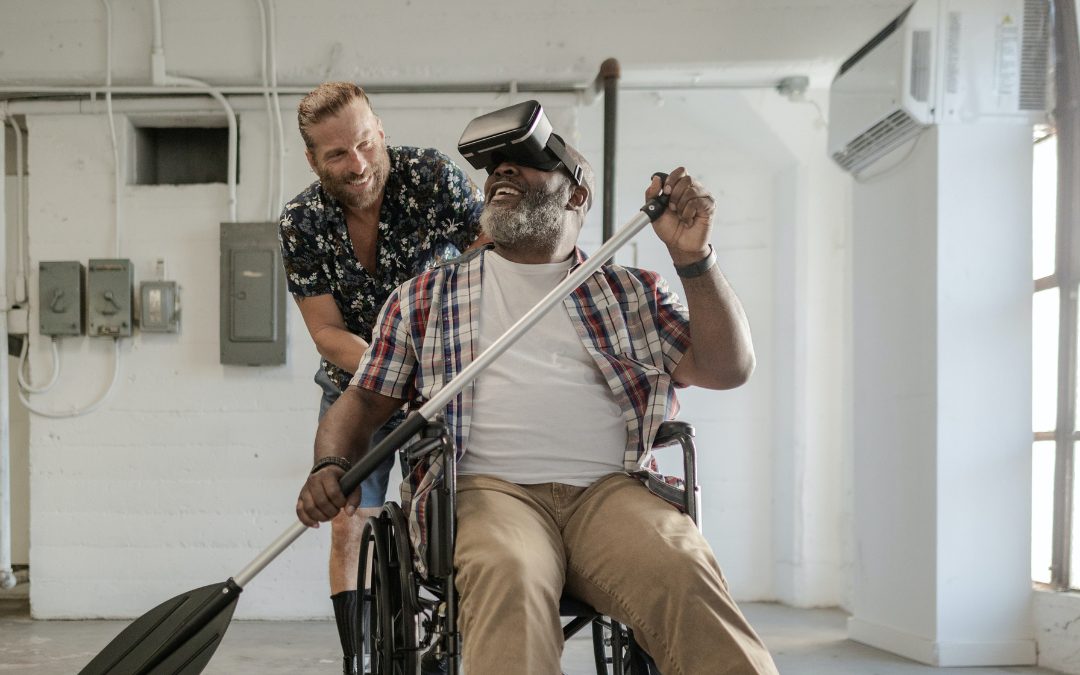A sort of AI system that can produce fresh and original material is referred to as generative AI, also known as generative models or generative networks. Naturally, there is a lot of disagreement around the term “original.”
In fields like digital art and information development, the phenomena, albeit still relatively young, are creating ripples. The creation and consumption of movies, music, and video games might all be completely altered by this technology in the realm of entertainment.
Making customized movies and TV shows is one of the most intriguing possible uses of generative AI in the entertainment sector. An individual and tailored watching experience might be produced by a generative AI system by examining a viewer’s preferences and behavior.
A generative AI-powered system, for instance, may produce a movie that is customized to a person’s preferred performers, genres, and plot arcs.
To produce special effects like lifelike digital settings and people, generative AI is frequently employed in cinema and television. This might drastically cut down on the time and expense needed to produce these effects and provide new production options for movies and television shows.
In the era of generative AI, replacing a favorite performer who has passed away or retired won’t be necessary. Real-world examples of this already exist, such as when Disney used artificial intelligence to read Darth Vader’s lines when the adored actor James Earl Jones retired from acting.
Additionally, generative AI is being utilized to develop fresh and inventive video games, with topics ranging from original narratives and missions to fresh approaches to playing Australian online pokies for real money.
A generative AI system might produce a distinctive game experience for each player by examining their behavior and preferences. A generative AI-powered game may, for instance, use randomly generated levels and monsters to offer a unique experience with each playtime.
Additionally, it could instantly create casual games that exactly matched the users’ preferences, from puzzles to casino games. The music business is using generative AI to create creative songs and even entire albums. The AI can listen to a variety of music and create original compositions with a personal touch.
There are certain issues with the application of generative AI in the entertainment sector. Given that algorithms may favor particular kinds of tales or characters, one worry is that the usage of generative AI may result in a standardization of material.
There are also worries that the usage of generative AI might result in employment losses in the entertainment sector since the technology may be able to replace human producers, particularly when it comes to “popular” material.
It is abundantly evident that generative AI has the potential to have a significant influence on the entertainment industry. The advantages of generative AI in terms of personalization, cost-effectiveness, and creativity are likely to continue to promote its acceptance in the entertainment business, even though there are undoubtedly some worries regarding its use. It will be interesting to watch how the entertainment sector develops and adjusts going forward to make use of these new possibilities.


